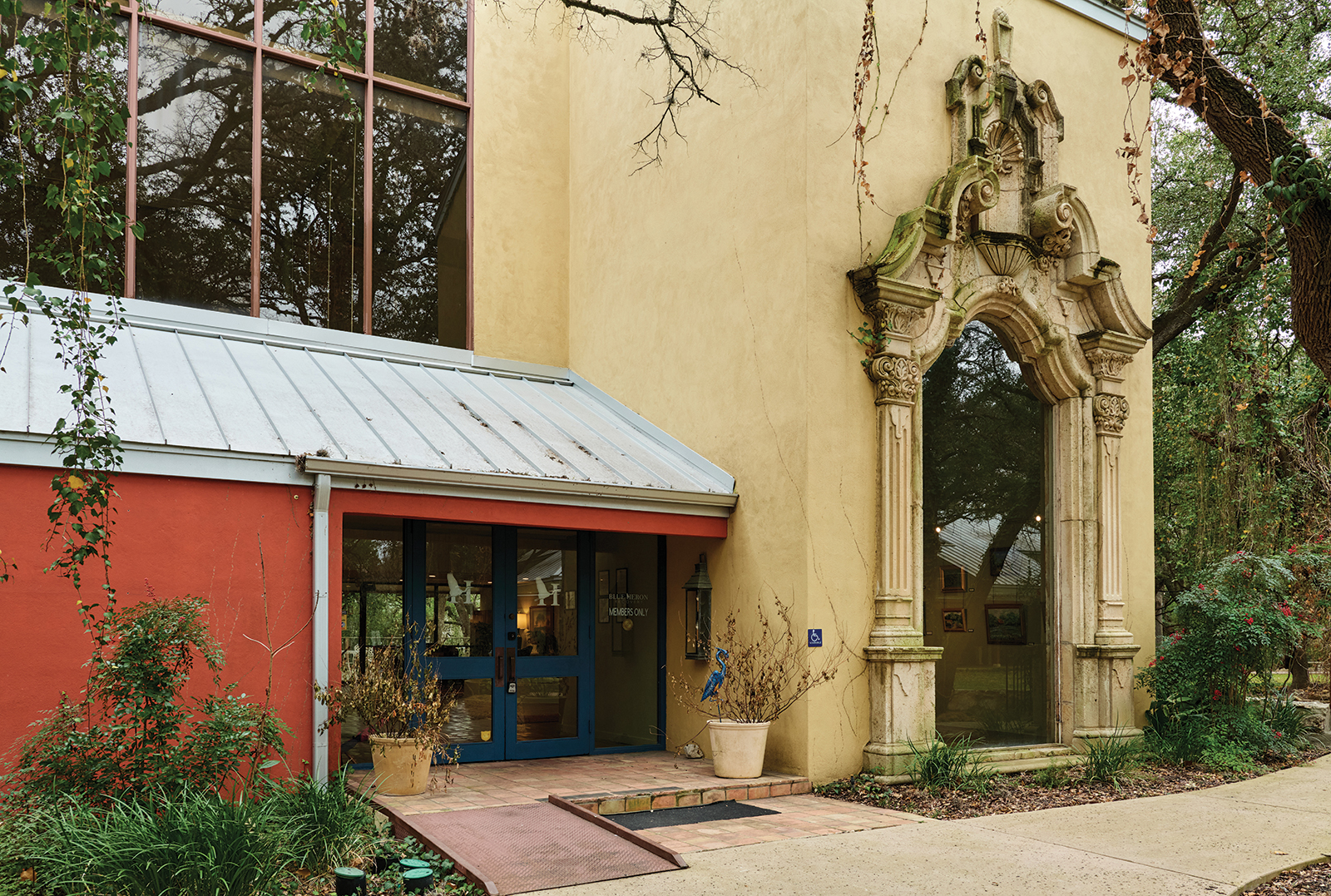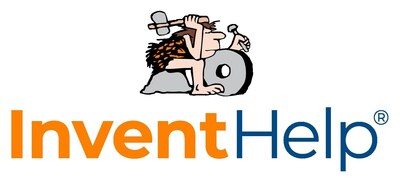A Path for Sober Living
Visitors to Blue Heron Recovery won’t find any Styrofoam cups sitting near the coffee pot inside the door. Instead, they’re offered a fresh pour of coffee, black or with cream or sugar, in whatever ceramic mug is closest on the counter.
“It’s by design. If we were at my house, we would have mismatched coffee mugs,” says Christine Varela Mayer, Ph.D., licensed chemical dependency counselor and CEO of Blue Heron. “And I want people to feel at home.”
Paying attention to those small details is what drives Mayer and the staff at Blue Heron Recovery, which opened at Los Patios in March 2021 after Mayer and her husband, Dr. Paul Tillson Mayer, purchased the property in late 2020. It was formerly an event and business center and it sits on 18 wooded acres along the Salado Creek.
Mayer had worked in inpatient group therapy previously and felt there had to be a better way to support individuals in recovery from alcohol or drug addiction. She and Paul, an ER physician whose military career brought their family to San Antonio, had dreamed of a place where people could thrive while living a sober lifestyle. They wanted to open a treatment center that offered more than standard group therapy sessions in folding chairs plus a larger community that supported their clients’ new lifestyle.
“When clients were in their safety bubble of residential treatment, they could stay sober,” Mayer says. “But when they left the safety bubble it was very difficult to find a community.”
That’s where Los Patios comes in. Along with being the home to Blue Heron Recovery, it’s a fully sober environment open to the public.
Guests can enjoy Mexican food without the margarita at Naco 210, burgers without beer at Gunslingers and brunch with coffee instead of mimosas at Comfort Café East.
Blue Heron is also organizing concerts and other events so that clients, past clients and the general public can have fun without worrying about the presence of drugs or alcohol. All tenants of the property—from restaurants and shops to artists who host exhibits—agree not to sell or serve alcohol, CBD or other substances. “It’s meant to be a place that’s inviting and enriching,” Mayer says.
At Blue Heron, they’ve also spent the last year cultivating what Mayer describes as a uniquely supportive environment.
“During outpatient treatment, you usually sit for a few hours a week in a 1,200-square-foot office,” she says. “And nobody wants to do that, so nobody stays.”
For treatment to be successful long-term, she says it must be engaging and fun. That doesn’t mean they don’t have tough conversations. There are plenty of group sessions and interaction with counselors at Blue Heron. But it’s not all serious.
The morning starts with meditation and an activity, whether walking, yoga or disc golf. That’s followed by a processing group, and an educational group session. The afternoon features another processing group plus another activity. There’s also cooking classes, art therapy and music therapy.
Toward the front of the Los Patios property, they’re working on a garden so clients can grow vegetables and other plants.
The activities are meant to help them recover while discovering, or rediscovering, hobbies they enjoy—something that can be crucial to sustaining a sober lifestyle after treatment.
The staff at Blue Heron prefer if clients have been through residential treatment, but they also know that’s not an option for everyone. “Not everyone can give up their families and their lives and their jobs for 30 days,” Mayer says.
When a client comes in who has just committed to stop drinking or using drugs, staff ask the individual to treat the recovery program like a job and spend all day, five days a week at the center for one to two months.
After that, a client typically graduates into partial mornings or partial evenings five days a week and then into an even more part-time schedule where they come in three days a week.
The property also features a sober living house with space for four men who are invited to attend the program and who can work for one of the restaurants or businesses on property while there.
Over the holidays, Blue Heron hosted a family meal outside with ceramic plates and festive decor. Just like the coffee cups used each day inside, Mayer says taking the time to have a fancy celebration with clients and their family shows them that they matter.
“When you’re in recovery, you don’t feel like you’re worth much,” Mayer says. “We want people to know they’re worth something. They work so hard and they’re amazing.”





